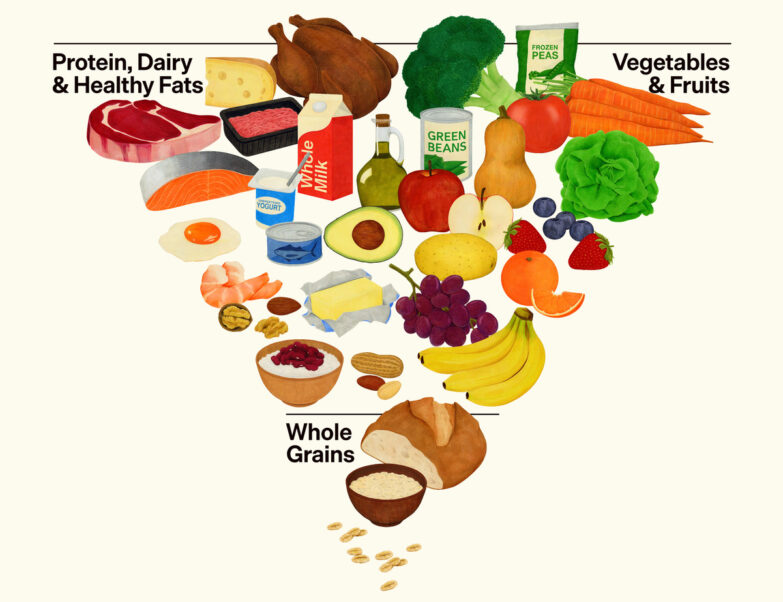The Effects of Intensive Weight Loss on Female Physiology

Experts often raise concerns over intensive weight loss protocols. A recent study, published in Frontiers in Physiology (2017; https://doi.org/10.3389/fphys.2016.00689), sought to better understand the ramifications of rapid and significant weight loss in female participants. The research took place at the University of Jyväskylä in Finland.
Fifty women aged about 27 ± 4 years completed the trial. Twenty-seven of them—current International Federation of Bodybuilding and Fitness amateur athletes—engaged in a fat-loss diet and exercise program to prepare for a fitness competition, while the other 23 acted as controls. At the outset, all participants fasted overnight and then underwent blood sampling and body composition measures. They next ate a low-fat breakfast, which was followed by ultrasound, skinfolds, blood pressure and muscle strength measurements. Body fat averaged 19%–25% at this time.
Throughout the dieting period (about 4 months), competitors completed their own strength and aerobic training sessions, but were asked to submit logs of their workouts so the researchers could factor intensity, frequency and volume into the data.
By the time the competition took place, body weight had decreased by an average of 12% and fat mass by
35%–50%. Serum concentrations of leptin, triiodothyronine, testosterone and estradiol were lower, and menstrual irregularities were also detected.
After the competition, participants slowly increased energy intake, decreased aerobic activity and were retested after 3–4 months. According to postintervention data, body weight and all hormones except triiodothyronine and
testosterone returned to baseline levels.
While these results are promising and seem to show that such intense protocols can be safe, Julie Stubblefield, founder of the Fit Mom Revolution in Mechanicsville, Virginia, encourages safety if attempting to replicate them.
"Note that it's recommended in the study that a rapid decrease cycle is not one to be repeated often," she says. "Oftentimes noncompetitors will seek a competition diet to achieve quick results but ignore the recovery time.
This can easily result in quick rebound weight gain, increased anxiety around food and an unhealthy relationship with the diet and exercise cycle in general."
To those noncompetitors, Stubblefield recommends the development of a focus on long-term health and nourishment as opposed to quick-fix plans, which often result in disappointment.
Ryan Halvorson
Ryan Halvorson is an award-winning writer and editor, and IDEA's director of event programming.






